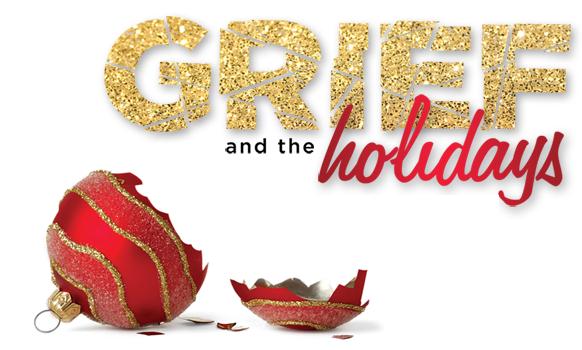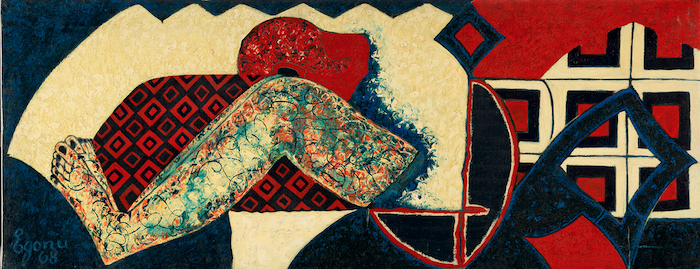
You’ve probably heard of the stages of grief—denial, anger, bargaining, depression, and acceptance. However, grief is a complex and personal experience, and there are many aspects of it that don’t fit neatly into this model.
One common, but often unrecognized, grief response is feelings of tremendous anxiety. Some individuals may be aware that they’re feeling anxious; for others, it’s hard to identify specific emotions that make up their overwhelming pain.
Grief-related anxiety is often rooted in our concerns about how we will cope. When we experience a significant loss, it can feel like our world is falling apart around us, and we wonder whether we’ll fall apart, too—especially if we’re grieving a loved one whose support we depended on in exactly these kinds of situations.
We might also have counted on a person in practical ways, and wonder whether we can shoulder the increase in responsibilities. For example, the untimely death of a spouse might require a person to adjust to the demands of being a single parent. When we’re focused on our sadness and loss, it might be hard to realize that we’re afraid, too.
It’s disorienting when we lose someone or something that’s integral to our lives, and it can trigger the fear of what else we might lose. The death of a parent, for example, might trigger worry about losing the other parent, or one’s spouse. For many people, the fear is less specific but equally powerful—more a vague sense of threat and unease.
Anxiety can also come from the stress on our minds and bodies, which leads to a state of high alert as our fight-or-flight system is stuck in the “on” position. You might be exhausted but unable to let go of tension—“tired and wired”—which can show up as trouble sleeping and feeling constantly on edge.
Keep in mind that grief can follow many experiences of loss, not just death. We can grieve the loss of a career, and feel anxiety about our unknown financial future. We can grieve the loss of health, and worry about further decline. We can grieve the loss of a relationship, with anxiety about ending up alone.
If you’ve experienced anxiety as part of grief, here are some suggestions that may help you cope:
- Reach out to those around you. No matter what kind of loss you’ve experienced, stay connected to the important people in your life. Few things are more grounding than meaningful relationships. Don’t be afraid to ask for ongoing support—it takes time to grieve, and there’s no expiration date on the comfort of family and close friends. Seek out the support you need as you adjust to your altered world.
- Give yourself time to heal. In a similar way, allow yourself the time needed to process what has happened to you. Beware of the idea that you need to “get back to normal”—your world has changed, and it takes time to adjust to those changes. Don’t be surprised if the grief comes in waves, or is different from day to day. You might have reactions to the anniversary of your loss, as well.
- Reduce optional stress. Part of healing is treating yourself gently while you’re grieving. It is probably not a good time to take on difficult new projects or challenges. This is not to say that you’re weak, but rather to direct your strength wisely. Also look for opportunities to process stress and loss in ways that work for you—for example, meditative practices, exercise, massage, or walks with a friend.
- Make space for whatever you’re feeling. There’s no wrong way to grieve. Sometimes we suppress our feelings because we don’t understand them, or we’re scared of them, or in some way we think we don’t deserve to have them. Whatever you’re experiencing is OK, whether it’s sadness, anxiety, a feeling you can’t describe, or any other aspect of grief.
Complete Article ↪HERE↩!






